In today's fast-paced business environment, selecting the right packaging machine is crucial for enhancing efficiency and ensuring product quality. As companies strive to streamline operations and meet increasing consumer demands, the decision of which packaging machine to invest in can significantly impact production capabilities and bottom-line profitability. With a wide array of options available, from automated systems to semi-automatic machines, the task may seem daunting. However, understanding your specific needs, industry standards, and the latest technological advancements can make the process simpler. This blog outlines five essential tips to guide you in choosing the perfect packaging machine for your business, empowering you to make an informed decision that aligns with your operational goals and enhances your competitive edge in the market.
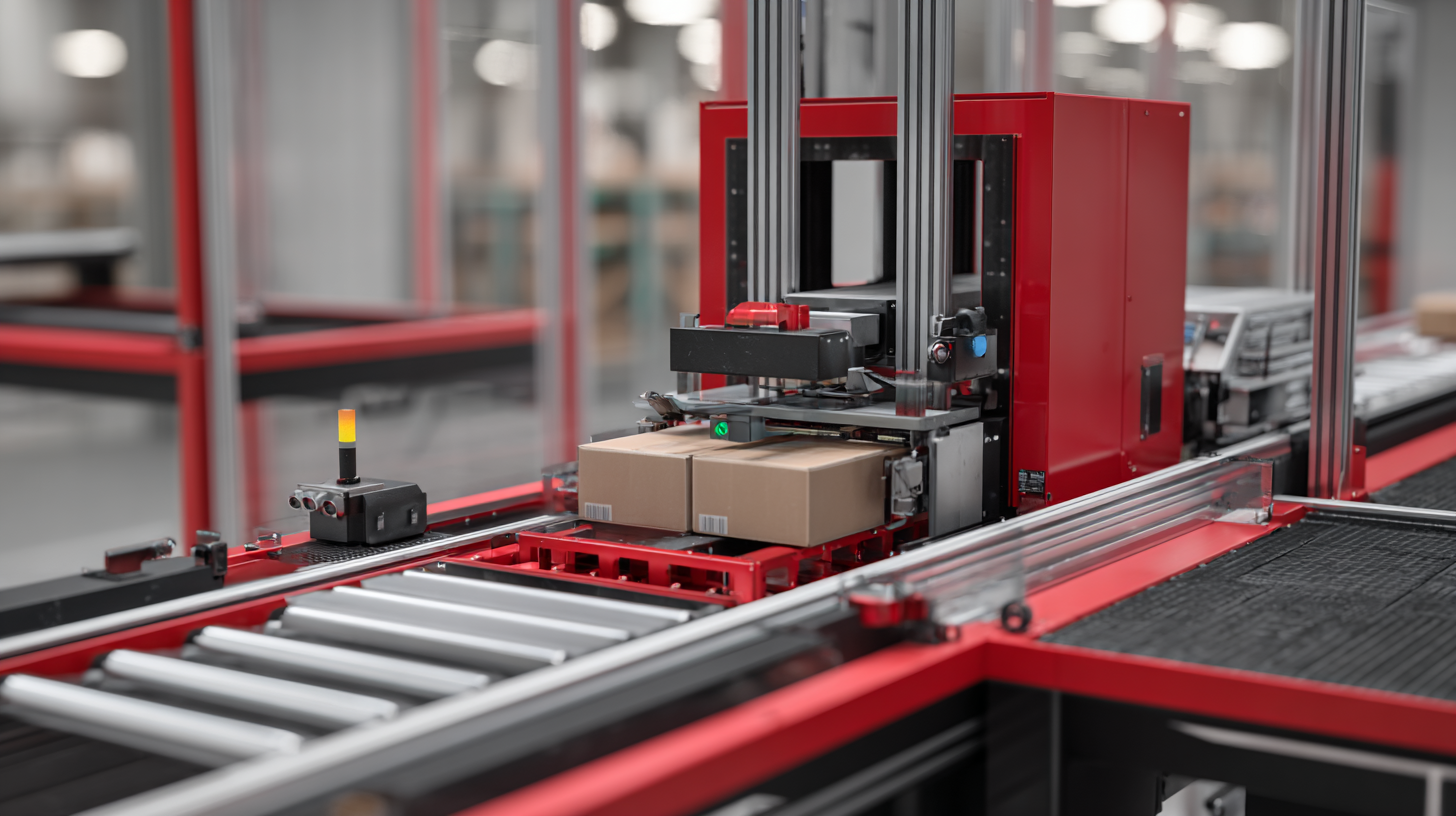
When it comes to choosing the right packaging machine for your business, understanding your unique packaging needs is paramount. Each business has its own set of requirements based on product type, production volume, and packaging design. Start by assessing the specific characteristics of your products, such as size, shape, and fragility. This assessment will help you determine the type of packaging machine that can effectively handle your products without compromising quality.
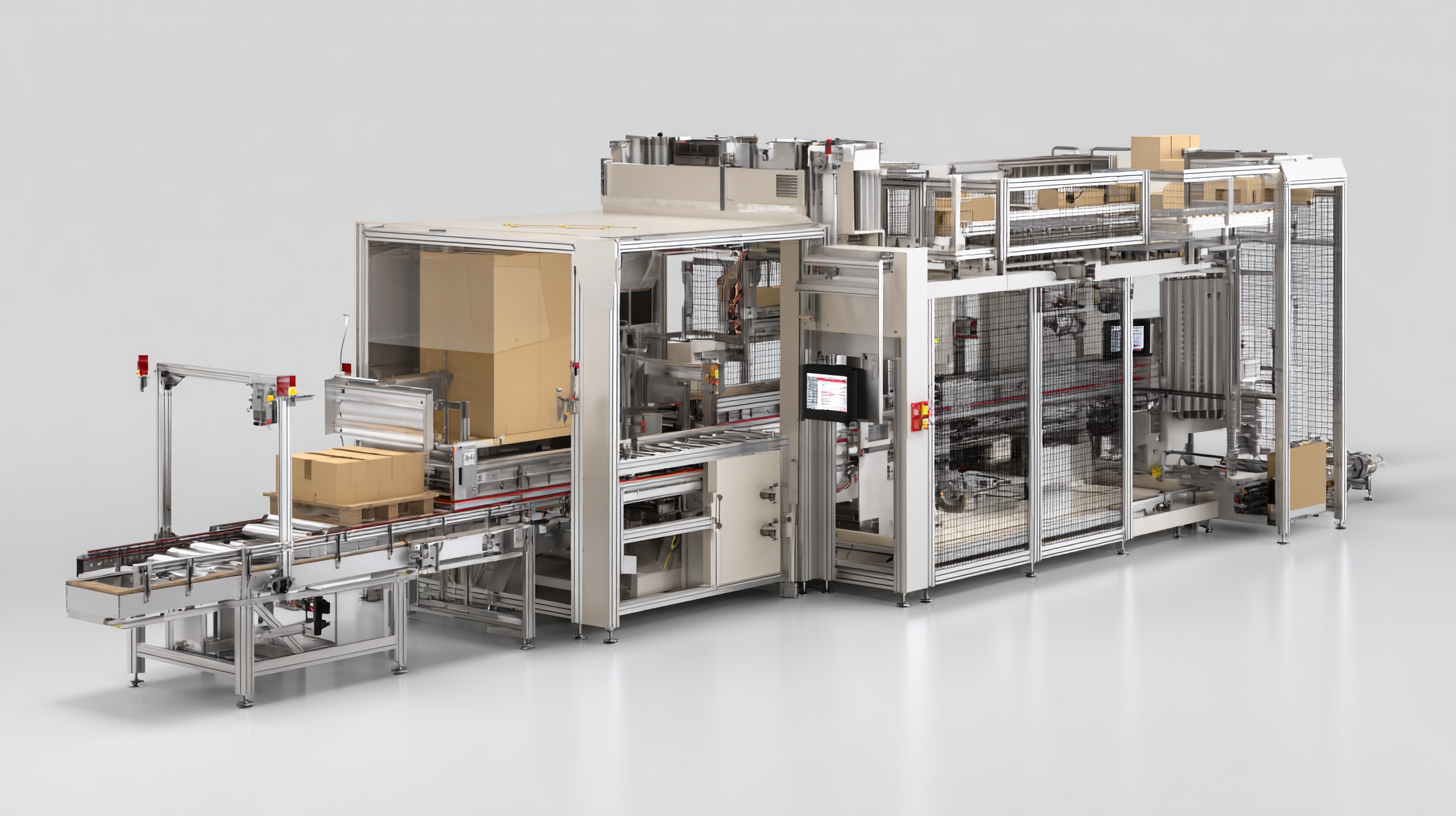
Another critical consideration is production capacity. Evaluate how much product you need to package daily or weekly, as this will guide you in selecting a machine that can meet your output demands without causing bottlenecks. Additionally, think about the flexibility of the packaging machine. If your business plans to introduce new products or variations in packaging, opting for a versatile machine that can adapt to these changes will save you time and money in the long run. Taking these key considerations into account will ensure that your packaging solution not only aligns with your current business needs but also supports future growth.
When selecting a packaging machine for your business, it’s crucial to evaluate the various types available, each with its own set of advantages and disadvantages. For instance, horizontal form fill seal (HFFS) machines are favored for their efficiency and suitability for high-speed production. According to a 2021 study by Smithers Pira, the demand for HFFS machinery is expected to grow at a CAGR of 5.5%, driven by the need for flexible packaging solutions in sectors like food and pharmaceuticals. However, these machines may require significant upfront investment and maintenance expertise, which can be a barrier for smaller businesses.
On the other hand, vertical form fill seal (VFFS) machines offer superior space efficiency and are ideal for products like powders, granules, and liquids. The International Packaging Association highlights that VFFS technology can decrease production time by up to 30%, allowing for quicker turnaround on product launches. Yet, these machines may not be as versatile in handling diverse packaging materials as their HFFS counterparts. Understanding these pros and cons is essential to making an informed choice that aligns with your production needs and budget constraints.
| Machine Type | Pros | Cons | Ideal Use Case |
|---|---|---|---|
| Vertical Form Fill Seal | Efficient for small to medium products, reduces packaging waste. | Limited to specific bag sizes, may have slower output speed. | Snack food, powdery products. |
| Horizontal Flow Wrapper | Flexible, suitable for irregular-shaped products. | Higher initial investment, may require more maintenance. | Bakery items, confectionery. |
| Stretch Film Wrapper | Excellent for bundling products, protects from damage. | Not suitable for all product shapes, slower than other methods. | Palletizing, irregular items. |
| Shrink Wrapper | Provides a tight seal, enhances product presentation. | Requires additional heat source, potential for product damage. | Bottles, boxes. |
| Tray Sealer | Excellent for ready meals, improves shelf life. | Higher costs, limited to tray-shaped products. | Fresh food packaging, meal kits. |
When selecting a packaging machine for your business, understanding the cost dynamics is crucial. Initially, the upfront investment can be daunting. High-quality machines often come with a higher price tag, but they may offer enhanced durability and functionality that could translate into long-term savings. Businesses should conduct a thorough cost analysis to evaluate not just the purchase price but also operational costs such as maintenance, energy consumption, and labor requirements. A more expensive machine that automates certain processes can reduce labor costs and improve efficiency, ultimately leading to greater returns over time.
Moreover, considering the lifespan and reliability of the equipment is essential in the cost equation. Cheaper options may save money in the short term but could result in frequent breakdowns, leading to increased downtime and repair costs. Investing in a reliable machine might mean higher initial expenses, but it often pays off through reduced operational disruptions and better productivity. The balance between initial investment and long-term savings will vary by business, making it imperative to assess your specific needs, production volume, and budget constraints before making a decision.
In the fast-paced world of manufacturing, choosing the right packaging machine is crucial for optimizing production speed and efficiency. One of the key factors to consider is the integration of digital twin technology. By leveraging this advanced simulation design and high-resolution modeling, businesses can virtually test their packaging processes, allowing for precise adjustments and improvements before physical implementation. This data-driven approach not only enhances operational efficiency but also supports innovative applications in product design and development.
When assessing potential packaging machines, it's important to evaluate their production capabilities. For instance, in the automotive sector, some manufacturers can assemble an engine in just 42 seconds, showcasing the efficiency that can be achieved with the right machinery. Similarly, considering the complete production cycle—like that seen in elevator manufacturing—can provide insights into how packaging machines can streamline operations across various sectors. By focusing on these aspects, businesses can make informed decisions that drive market growth and ensure they remain competitive.
In an ever-evolving market, scalability and flexibility are crucial factors when selecting a packaging machine for your business. As you grow, your packaging requirements may change, so investing in equipment that adapts with your operations can save you time and money in the long run. Prioritizing machinery that can seamlessly accommodate various product sizes and types is key. Look for machines with adjustable settings and modular designs that allow for easy upgrades as your production needs shift.
When considering a packaging machine, take the time to evaluate your business's anticipated growth. It's essential to select equipment that not only meets your current demands but can also handle increased production volumes. Ensure that the machine offers features such as quick changeovers and compatibility with different packaging materials, which can enhance your operational efficiency. Additionally, consider the availability of spare parts and support services to keep your machinery running smoothly as you scale.
Lastly, don't overlook the importance of automation in future-proofing your packaging process. Machines equipped with advanced technology can boost productivity and reduce labor costs while ensuring consistent quality. Explore options that integrate with your existing systems for streamlined operations, allowing you to focus on expanding your business without being bogged down by outdated machinery.
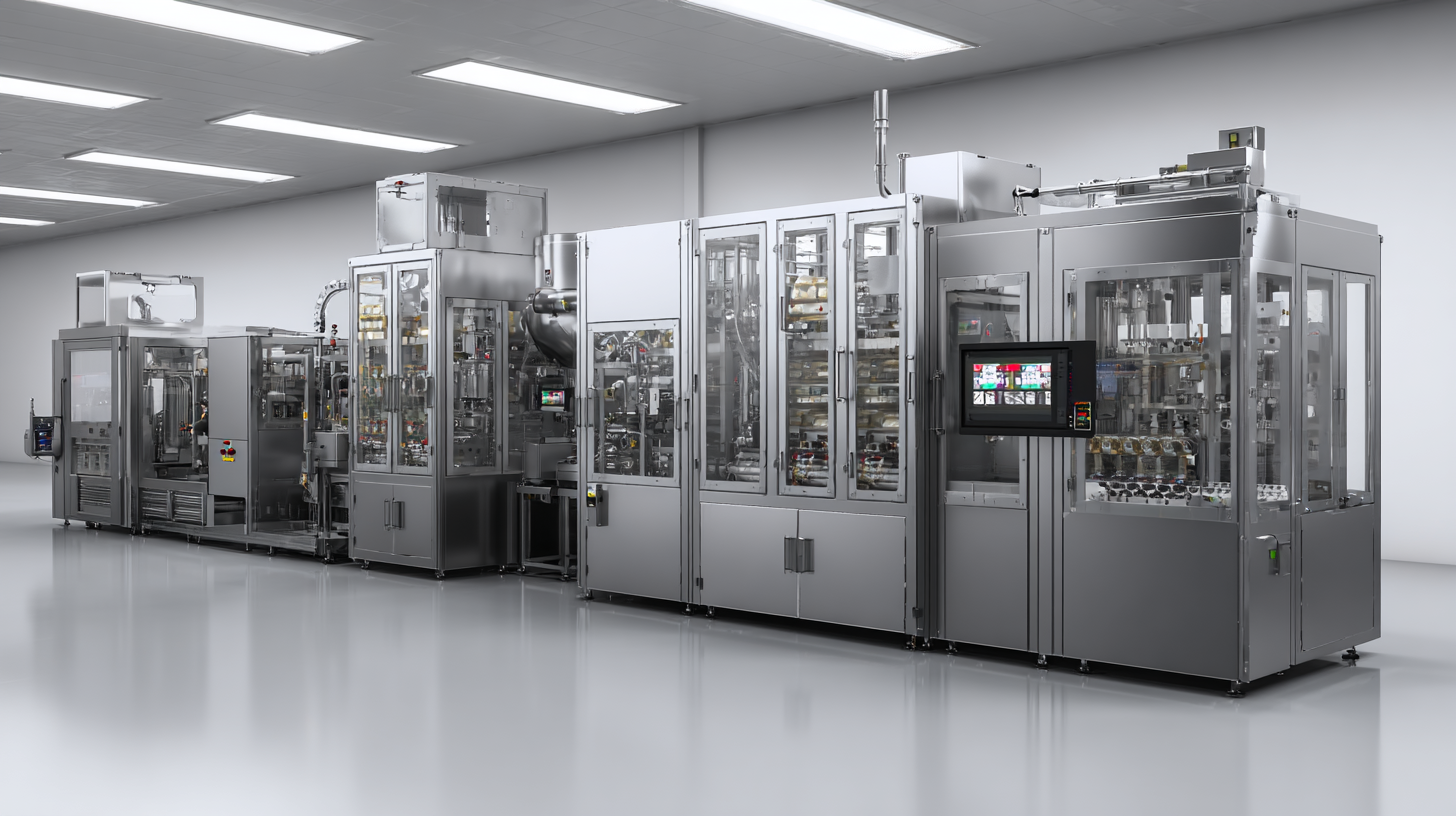

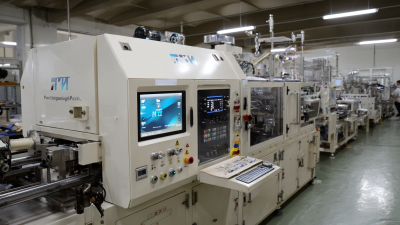
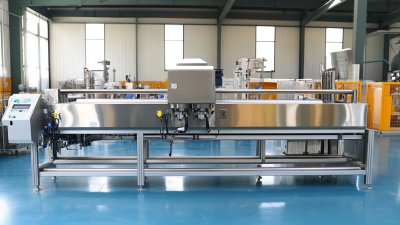
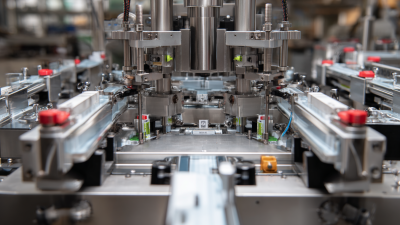
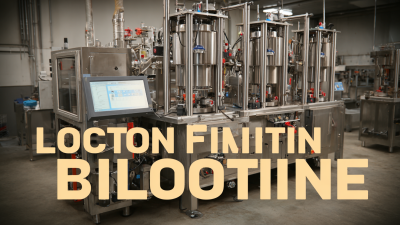
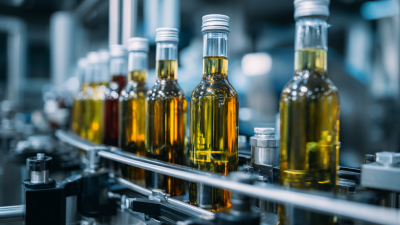
Headquarters
2980 Scott St, Vista, CA 92081
Phone: (760) 734-4177
Fax: (760) 734-4188
Open: 8:00 am – 4:30 pm
Texas
8051 Jetstar Dr #175 Irving, TX 75063
Phone: (972) 915-6888
Fax: (972) 915-6999
Open: 8:00 am – 4:30 pm
Florida
14231 Jetport Loop. #1 Fort Myers, FL 33913
Phone: (239) 225-4020
Fax: (239) 225-4024
Open: 8:00 am – 4:30 pm